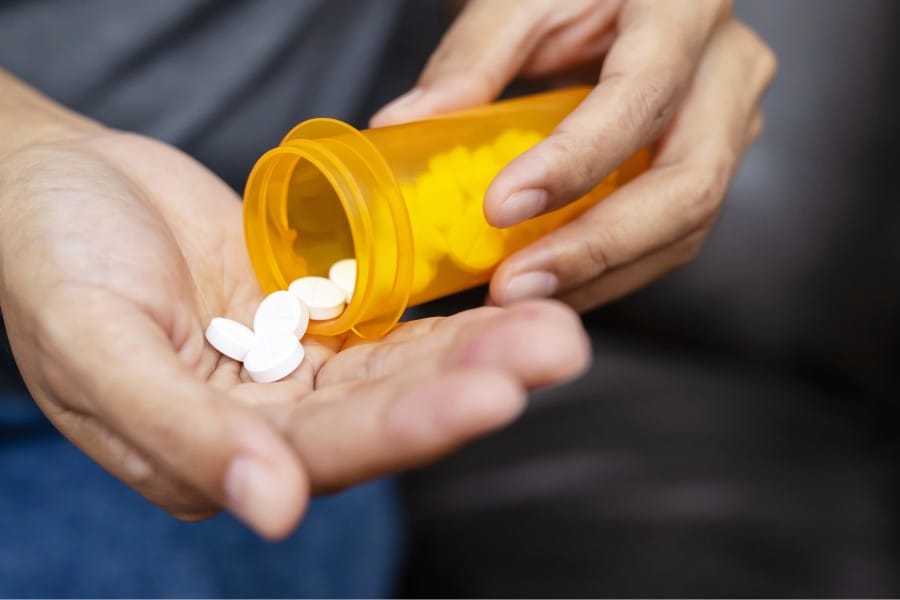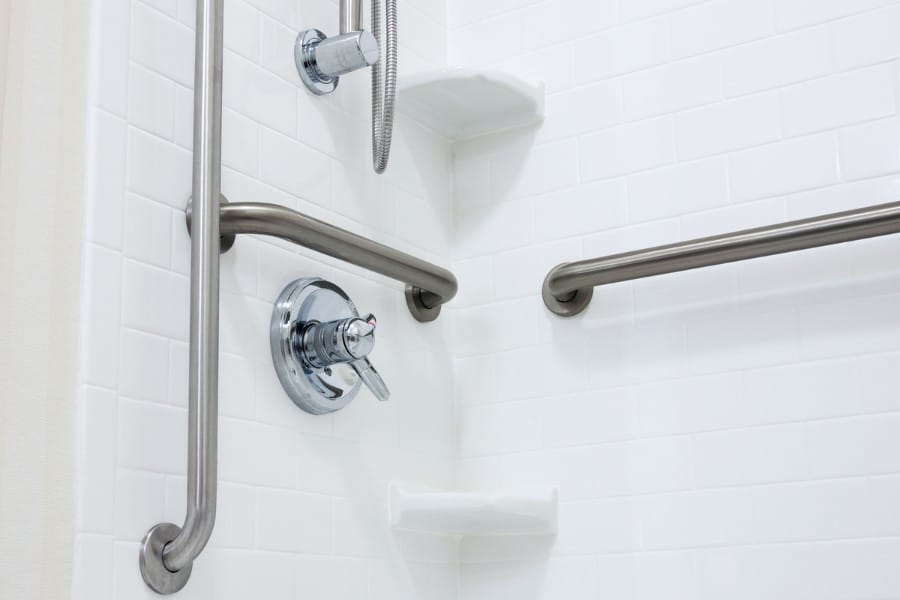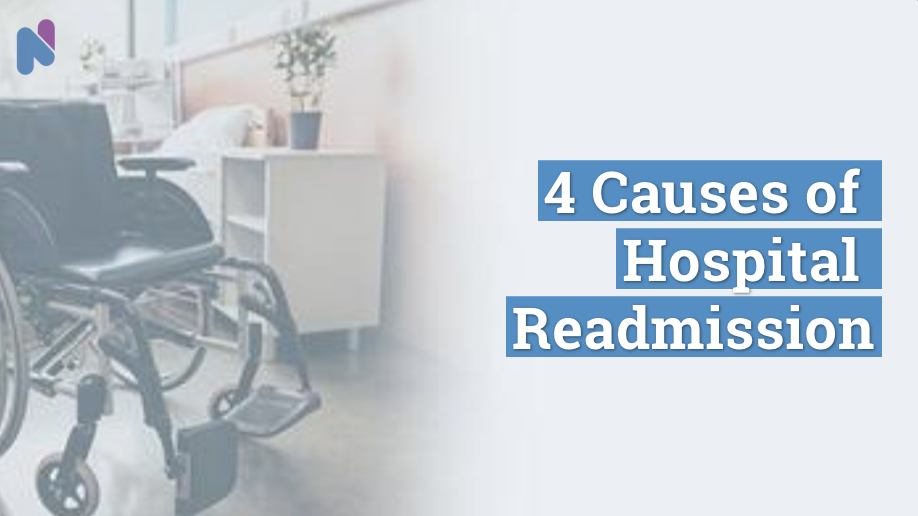Hospital readmissions are expensive and pose risks to patients. In fact, Hospital readmissions affect 20 percent of patients.
According to Definitive Healthcare, the current hospital readmission rate is 14.5%. Learn about the 4 top reasons for hospital readmission and how you can reduce your risk of readmission.
1. Lack of Adequate Follow-Up Care
IN THIS ARTICLE
If you have a planned hospital stay, talk to your primary care physician and healthcare team about your discharge plan. Will you need physical therapy?
Will you need assistance with activities of daily living (ADLs)? What limitations will you experience after surgery, if any?
Once you have that information, ask the hospital case manager for referrals. Make sure to schedule appointments in advance, if possible. It may be helpful to have a family member or caregiver help you organize appointments.
If your hospital stay is not planned, you can still be proactive about scheduling your follow-up care. A
gain, it may be helpful to enlist the help of loved ones or caregivers to schedule appointments and arrange care. A private duty nurse from NurseRegistry may be a valuable addition to your post-hospital recovery team.
We offer a full range of services, including:
- Medication management and administration
- Pain and symptom management
- Surgical site monitoring
- Wound care, including dressing changes
- Patient, family, and caregiver education
- Instructions on new medical devices and equipment
- Case management
- Other services that may improve the overall comfort of the client
2. Misunderstanding Discharge Information
Patients and their families are bombarded with a lot of information at the time of discharge.
It can be overwhelming. Our nurses can review medical records and hospital discharge information with the patient and caregiver to ensure everyone understands the best plan of action for follow-up care.
This type of patient education can prevent avoidable readmissions.
3. Unorganized Medication

After surgery, your doctor may prescribe new medications based on your current medical condition. It’s important to review and organize your medications, as well as check for any potential drug interactions.
Additionally, some patients may not take their medication as prescribed or may have adverse reactions to their medication.
NurseRegistry offers a full range of services, including wellness checks and medication management. Our in-home nurses can:
- Reconcile and organize medications
- Develop a medication regimen and checklist
- Reorder medications as needed
- Check labels and expiration dates
- Warn patient or caregiver about potential interactions
4. Lack of Proper Communication
This falls under the “preventable readmissions” list.
Many people may be involved in one person’s recovery care. It can become tiresome to coordinate all of the moving parts. At NurseRegistry, our RN Care Managers can help ensure proper communication between the patient and their healthcare team.
A Nurse Case Manager from NurseRegistry can assist with the following:
- Communication will all members of a patient’s healthcare team
- Scheduling of and accompaniment to healthcare appointments
- Coordination with family, caregivers, and other medical providers
5. Post-surgical Complications
What do post-op complications involve? This may include wound infections, pneumonia, sepsis, and urinary tract infections (UTIs). These factors can result in a patient’s readmission to the hospital.
Proper wound care is essential for preventing post-surgical complications. This entails maintaining the wound in a clean and dry condition. The patient should also have a follow-up appointment with their doctor as directed.
UTIs can be prevented by staying hydrated and urinating regularly. Patients should also practice proper hygiene by wiping from front to back after using the restroom.
Pneumonia is a frequent postoperative complication. Patients should engage in deep breathing exercises and cough regularly for optimal health benefits.
6. Demographic Conditions
Factors such as the geographical location, weather conditions, and level of poverty in a patient’s residence can contribute to increased rates of readmission.
Patients residing in rural areas or impoverished urban communities have a higher likelihood of readmission compared to those from suburban or affluent backgrounds.
This is because of insufficient resources and a lack of knowledge about properly caring for oneself after being released from the hospital.
Some ways to counter this may include:
- Teaching patients how to effectively care for themselves after being discharged
- Offering transportation to patients who otherwise do not have the means of traveling
- Ensuring that patients have access to the resources they need to recover properly
7. Specific Medical Condition Complications
Multiple conditions have an increased likelihood of complications resulting in readmission. Studies indicate that a significant proportion of individuals with serious illnesses like congestive heart failure or those who have surgeries like amputation are readmitted to the hospital within 30 days.
These conditions also exhibit a high rate of readmission:
- Chronic Kidney Disease
- Pneumonia
- Sepsis
- COPD
- Acute Kidney Failure
- Urinary Tract Infection
The seriousness and dangers linked to these conditions result in elevated rates of readmission. Some conditions are chronic and have high complication rates, increasing the risk of readmission.
8. Accidents and Falls

Elderly patients aged 65 and above are more prone to falls because of frailty, chronic illnesses, and multiple medication regimens. Falls are the primary cause of injury among hospital patients and result in the highest number of emergency room visits annually.
Preventing falls begins with a thorough evaluation of the patient’s fall risk factors when they are admitted to the hospital. Patients are observed for alterations in their susceptibility to falling, and appropriate actions are taken.
Tips you can use to help prevent unnecessary falls include:
- Having the elderly individual wear nonslip footwear
- Utilizing a bed or chair arm
- Increased supervision
- Proper lighting
- Spacing of furniture
- Installation of grab bars in the bathroom
Do you or a loved one have a planned hospital stay coming up? Click below or call NurseRegistry at (650) 462-1001 to discuss your options for follow-up care.






